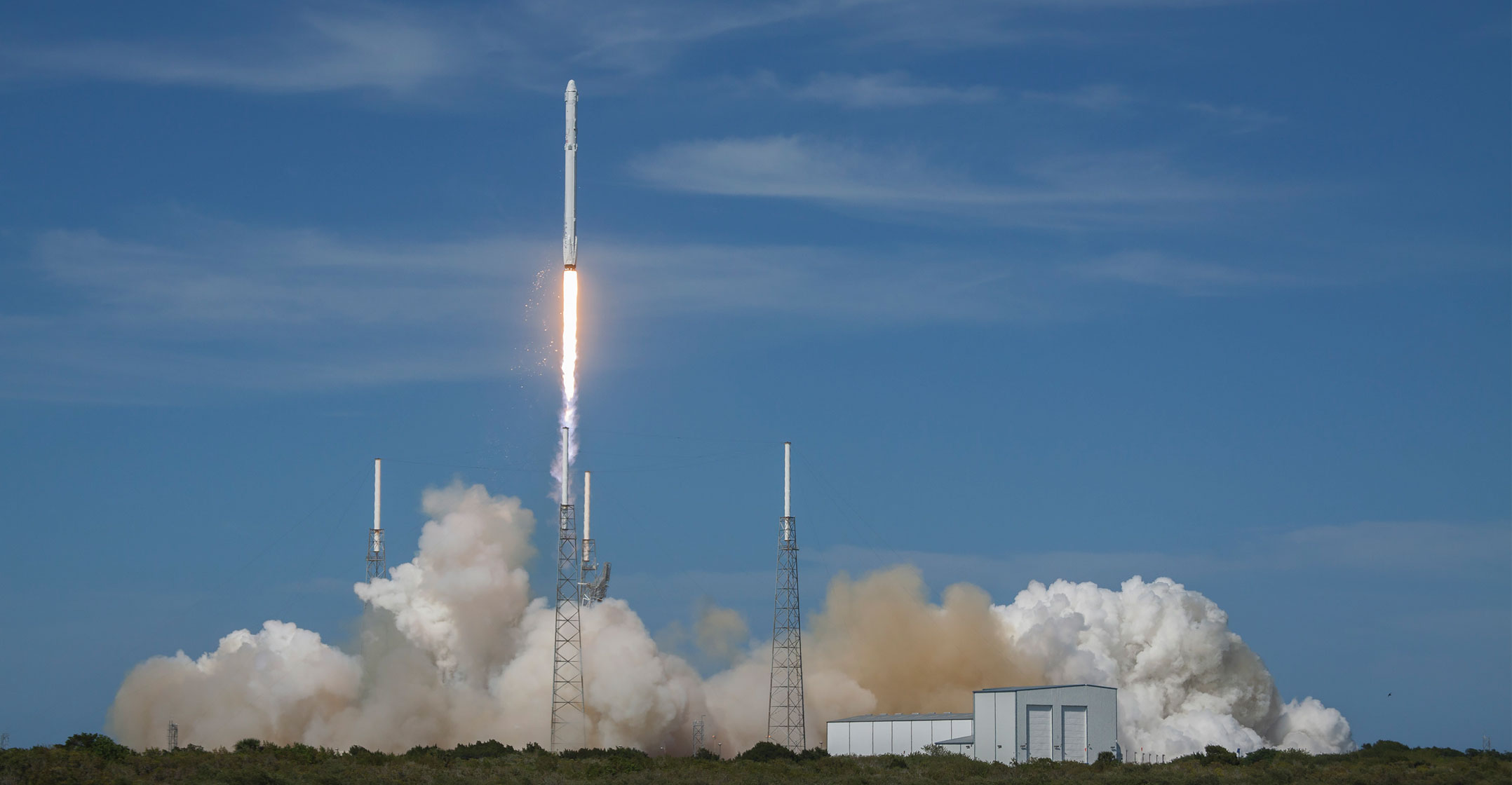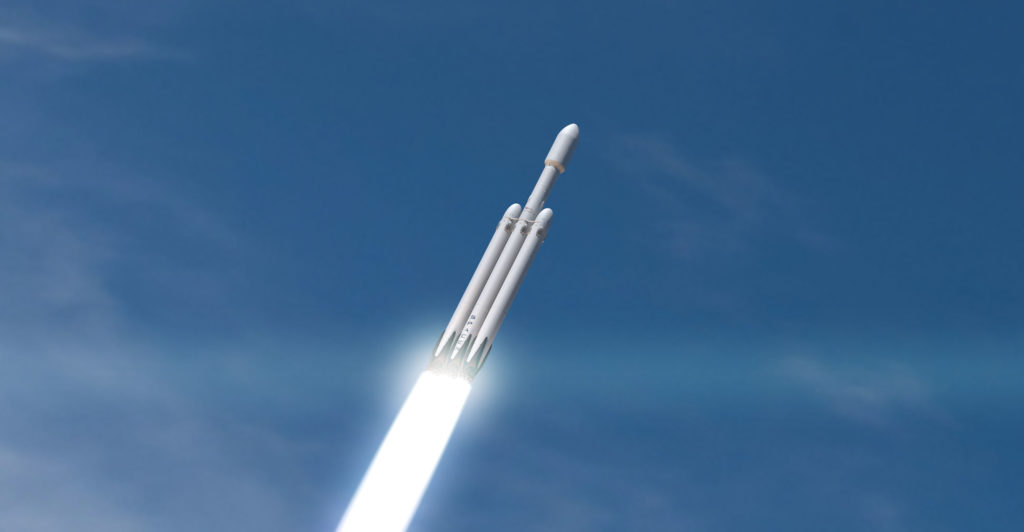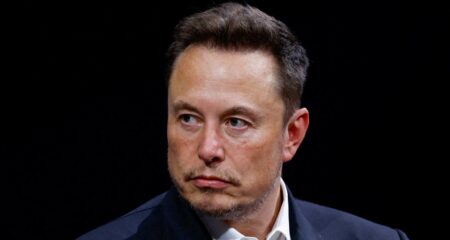 Elon Musk’s SpaceX capped a record-setting year on Sunday when it launched a rocket carrying a new GPS III satellite for the US Air Force, after delaying the mission several times because of a technical issue involving its rocket sensors and bad weather.
Elon Musk’s SpaceX capped a record-setting year on Sunday when it launched a rocket carrying a new GPS III satellite for the US Air Force, after delaying the mission several times because of a technical issue involving its rocket sensors and bad weather.
The Falcon 9 rocket lifted off from Cape Canaveral Air Force Station in Florida at 8.51am local time carrying the Lockheed Martin-built satellite. SpaceX first won US Air Force certification for national security space missions in spring 2015, breaking the lock on sensitive satellite launches long held by United Launch Alliance, a joint venture between Boeing and Lockheed Martin. The GPS III will go into medium-Earth orbit roughly one hour and 56 minutes after liftoff, according to the SpaceX press kit.
This was SpaceX’s 21st launch of the year, up from a record 18 in 2017. The company has been able to cut costs and win market share by designing its rockets for reusability. This time, however, SpaceX won’t attempt to land Falcon 9’s first stage after the launch, the company said in its press kit, citing mission requirements.
ULA has flown eight missions in 2018, and a ninth is scheduled for no earlier than 30 December from Vandenberg Air Force Base on California’s central coast.
“SpaceX has had a phenomenal year no matter how you slice it,” Luigi Peluso, an aerospace and defence consultant at AlixPartners, said in a phone interview. “In 2019, the big race is who is going to be the first company to put humans into space and bring them back. You’ve got SpaceX, Boeing, Virgin Galactic and Blue Origin all vying.”
Nasa contract
SpaceX, along with Boeing, has a contract to ferry American astronauts to the International Space Station as part of what’s known as the Commercial Crew programme with Nasa, but the timeline for the first flights has slipped repeatedly. The agency’s current schedule has SpaceX’s first uncrewed demonstration flight on 17 January and its first flight with astronauts on board in June.
Hawthorne, California-based SpaceX’s valuation has climbed as it has racked up successful missions, making it the third-most valuable venture-backed start-up in the US after Uber Technologies and Airbnb. The Wall Street Journal reported last Tuesday that SpaceX is poised to raise another US$500-million by selling stock at a $30.5-billion valuation, citing people familiar with the transaction. — Reported by Dana Hull and Jack Kaskey, (c) 2018 Bloomberg LP




